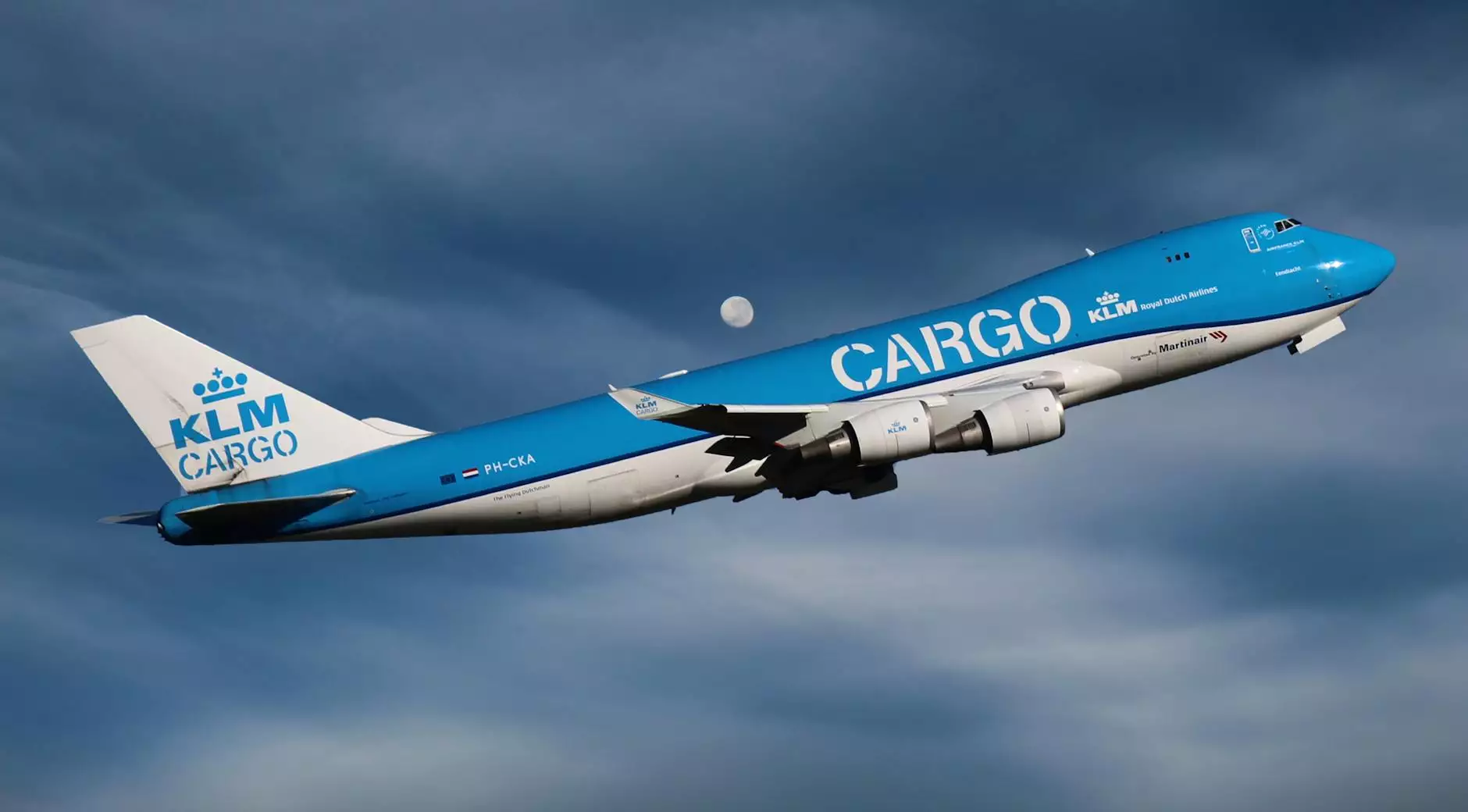Understanding Air Shipping Charges: A Comprehensive Guide

In today's globalized economy, air freight has become a crucial element for businesses aiming to ensure timely deliveries and maintain competitive advantages. One critical aspect that businesses must navigate is air shipping charges, which can significantly affect overall logistics costs. This comprehensive article aims to unravel the complexities of air shipping charges, helping businesses make informed decisions when utilizing air transport for their goods.
What Are Air Shipping Charges?
Air shipping charges refer to the fees associated with transporting goods via air freight. These charges can vary widely based on several factors, including weight, dimensions of the shipment, distance, and service type. Understanding these charges is essential for businesses that rely on timely delivery and want to manage their shipping budgets effectively.
Factors Influencing Air Shipping Charges
The calculation of air shipping charges can be complex, influenced by various factors. Below are the most significant contributors to the cost of air freight:
1. Weight and Dimensions
Airlines typically charge based on the greater of the actual weight or the dimensional weight of a shipment.Dimensional weight is calculated by measuring the shipment's size and applying a formula. This ensures that the cost reflects both the space a shipment occupies and its actual weight.
2. Distance
The distance between the origin and destination of the shipment plays a crucial role in determining air shipping charges. Longer routes tend to incur higher costs due to increased fuel consumption and operational expenses.
3. Type of Service
Air shipping services come with various options, such as:
- Express Shipping: Higher rates for faster delivery, often next-day.
- Standard Shipping: More economical, but longer transit times.
- Charter Services: Reserved for large volumes and can be a significant cost.
Choosing the right service type can greatly impact the air shipping charges.
4. Fuel Prices
Fluctuating fuel prices can affect air shipping charges. Carriers often implement a fuel surcharge to manage this dynamic cost, which can vary based on global oil prices.
5. Customs Duties and Taxes
When shipping internationally, customs duties and taxes are additional costs that can greatly influence the overall air shipping charges. These fees depend on the destination country's regulations and the nature of the goods being shipped.
How Are Air Shipping Charges Calculated?
The formula used to calculate air shipping charges can vary by carrier, but it generally includes components such as:
- Base Rate: The standard charge based on weight and dimensions.
- Fuel Surcharge: A percentage added to account for fluctuating fuel costs.
- Security Fees: Fees associated with security measures in place.
- Handling Charges: Costs for loading and unloading services.
Strategies to Manage Air Shipping Charges
To optimize logistics and manage air shipping charges effectively, consider the following strategies:
1. Consolidate Shipments
By grouping multiple shipments into one, businesses can take advantage of bulk pricing and reduce overall shipping costs.
2. Choose the Right Carrier
Different carriers have varying policies and price structures. It is crucial to compare rates and services to find the best option for your shipping needs, utilizing tools from cargobooking.aero for transparent comparisons.
3. Optimize Packaging
Efficient packaging can minimize weight and dimensions, thus lowering air shipping charges. Invest in lightweight materials that protect the goods without adding unnecessary weight.
4. Stay Informed on Fuel Surcharges
Since fuel prices can vary significantly, keeping abreast of pricing trends can help businesses anticipate fluctuations in shipping charges and adjust their budgets accordingly.
5. Understand Customs Regulations
Knowledge of import/export regulations and potential duties can prevent unexpected costs when shipping internationally, providing a more accurate forecast of total air shipping charges.
The Importance of Transparent Shipping Costs
In recent years, transparency around shipping costs has become increasingly important for businesses and consumers alike. Here’s why:
- Financial Planning: Clear visibility into air shipping charges allows businesses to allocate funds appropriately.
- Enhancing Customer Trust: Providing transparent pricing can lead to greater customer satisfaction and encourage repeat business.
- Competitive Advantage: Businesses that effectively manage and communicate their shipping costs can stand out in a crowded marketplace.
Conclusion: Navigating Air Shipping Charges
Understanding air shipping charges is vital for any business engaged in international trade or reliant on fast logistics solutions. By grasping the factors that influence these costs and implementing strategies to manage them effectively, businesses can make informed decisions that enhance efficiency and profitability. Utilize resources like cargobooking.aero to stay ahead in the competitive world of air freight. With the right knowledge and tools, companies can streamline their logistics, reduce costs, and ultimately provide better service to their customers.
Final Thoughts
The logistics industry continually evolves, and staying informed about air shipping charges will give your business a competitive edge. Continuous learning and adaptation are fundamental in leveraging air freight services to meet customer demands and optimize operational efficiency.









